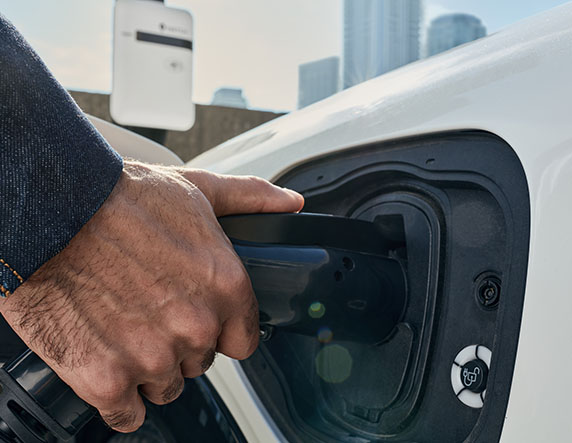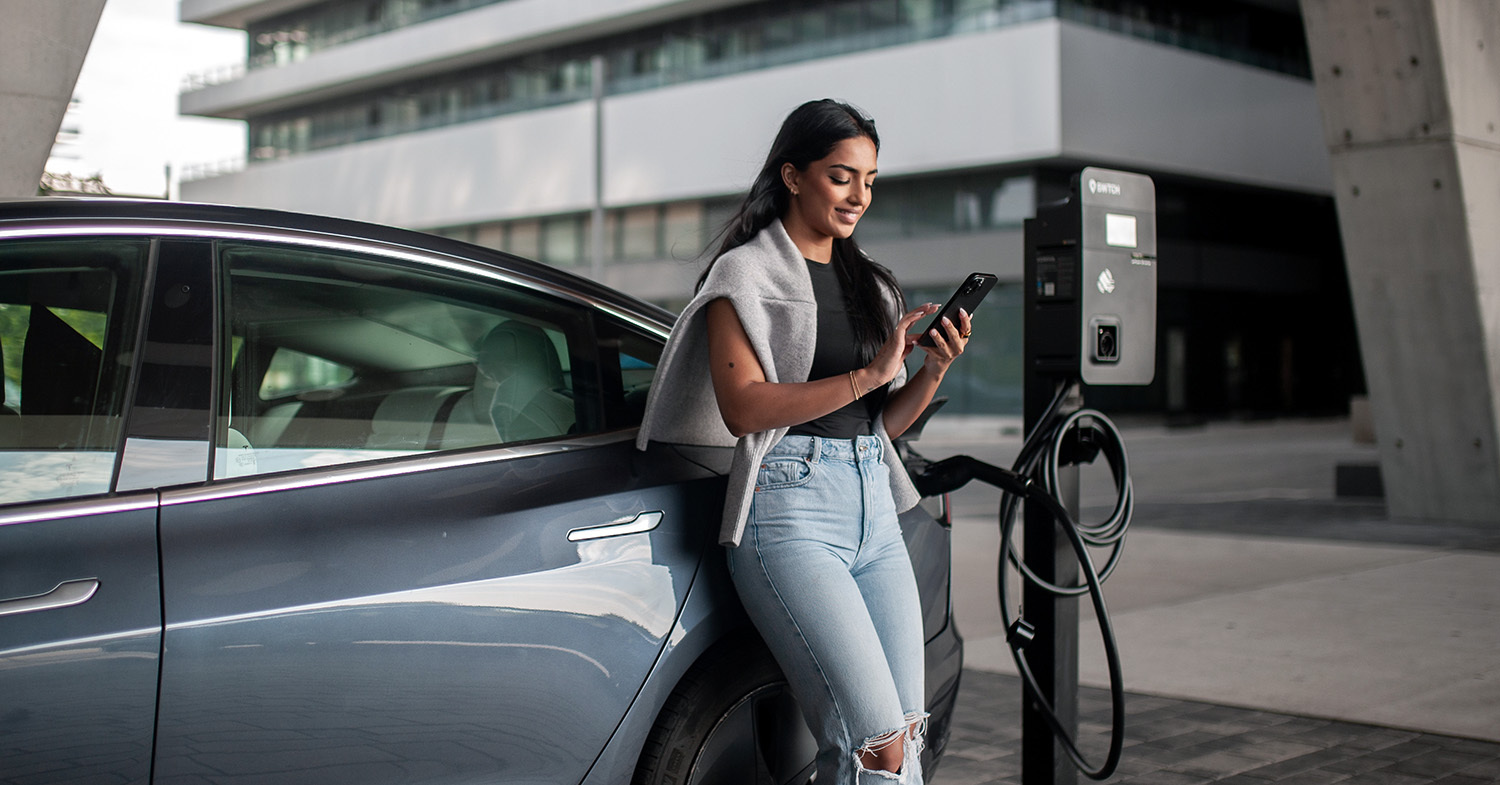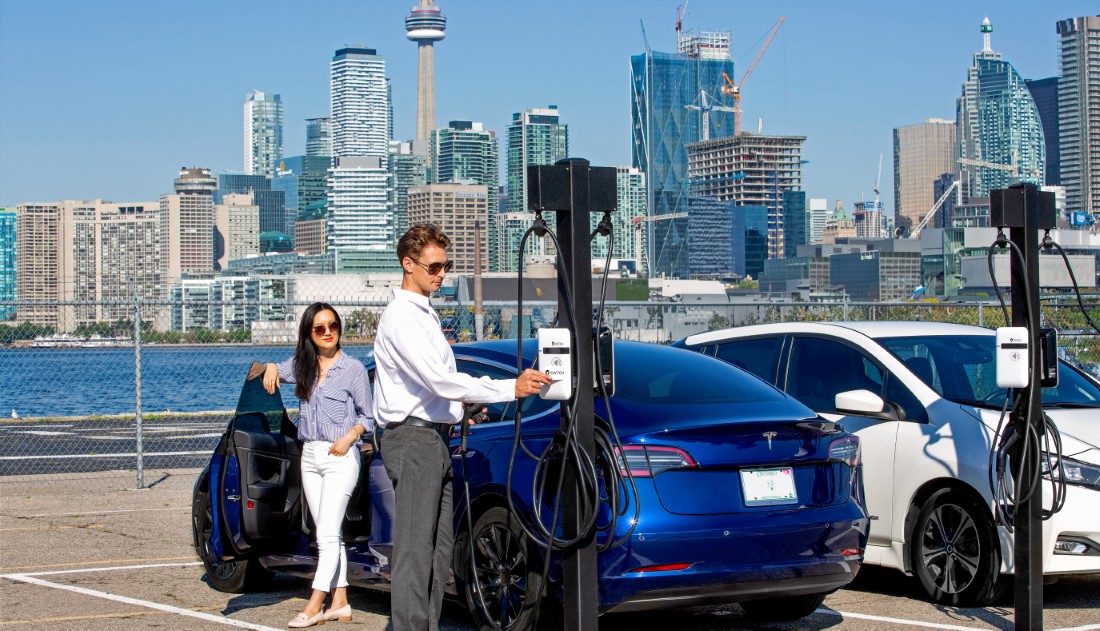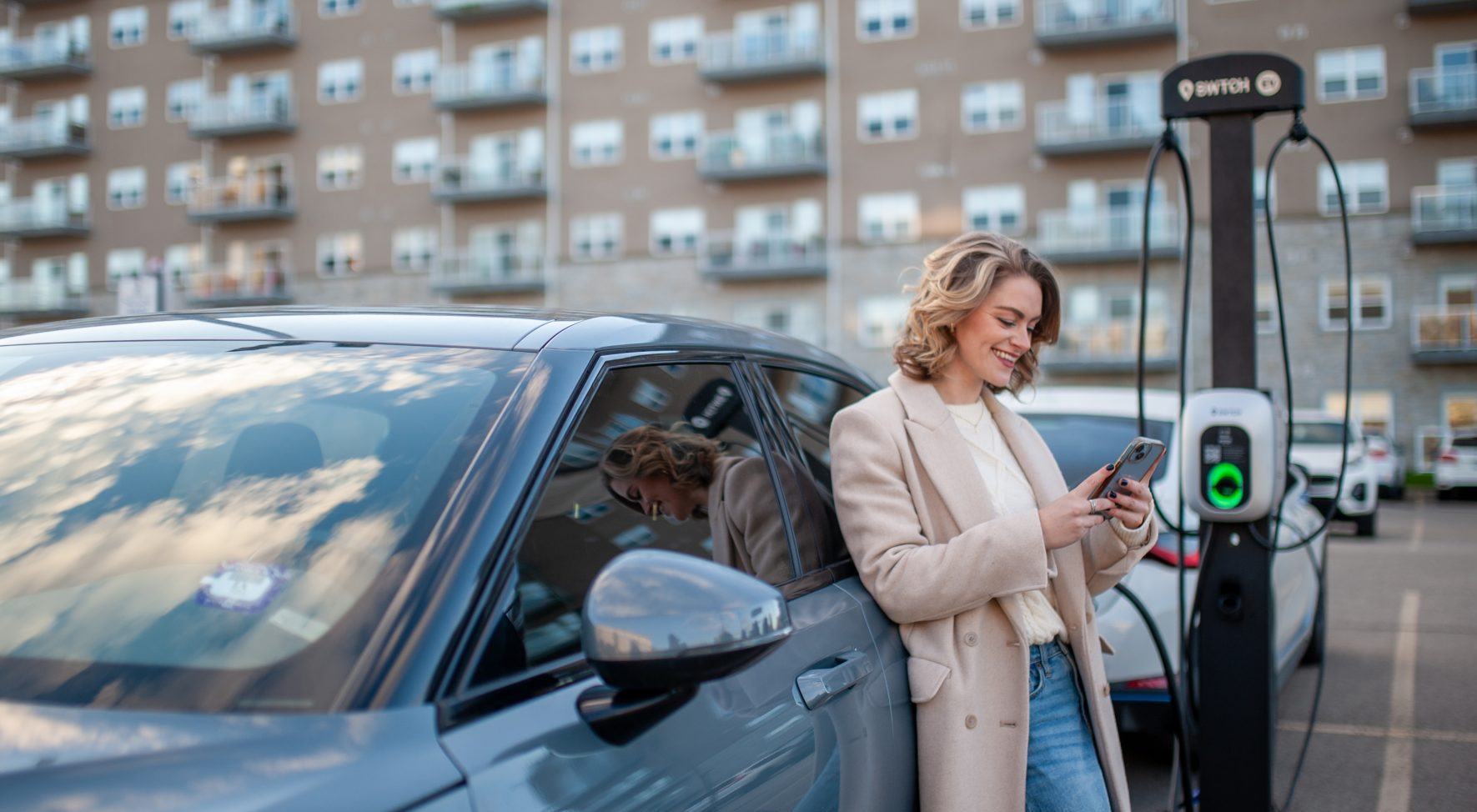How SWTCH can help you secure EV charger funding with the Alternative Fuel Vehicle Refueling Property (§ 30C) Tax Credit
The Alternative Fuel Vehicle Refueling Property Tax Credit, also known as the “30C” tax credit or EV charging tax credit, has been around for quite a few years and is one of the primary federal incentives to help offset the cost of installing EV charging stations.
This tax credit has recently been expanded, and updated in ways that both increase its value and also more narrowly define what projects are eligible.
At SWTCH, we offer a number of different options to help you access funding through this program. Read through for a closer look at your options, as well as for an explanation of everything included in the 30C credit.
What is included in the credit?
The 30C rebate is a national tax credit meant to expand access to alternative fueling or EV charging stations. Recent federal changes have extended the tax credit to cover projects installed through the end of 2032.
Eligible projects can receive up to $100,000 per item of property or 30% of the cost of the project.
The credit can be monetized in one of three ways, depending on the type of entity:
- Default: The credit is claimed while submitting taxes.
- For tax-exempt entities: The credit can also be accepted as a direct cash payment from the IRS.
- For for-profit entities: The credit amount can be transferred or sold to another taxpayer.
Eligibility requirements
The revised tax credit is intended to expand access to EV charging in underserved areas, defined as:
- A non-urban area (as defined in the latest census)
- A “low-income community,” meaning a census tract with a poverty rate of at least 20%
Additionally, to be eligible for the full 30% credit, a project must meet prevailing wage and apprenticeship standards.
The IRS has created this handy interactive map to determine whether a project location is eligible.
Per the Department of Labor, “A prevailing wage is the combination of the basic hourly wage rate and any fringe benefits rate, paid to workers in a specific classification of laborer or mechanic in the geographic area where construction, alteration, or repair is performed.”
Projects that do not meet these prevailing wage requirements will instead only be eligible for a rebate of 6%, not 30%.
How to apply & deadlines for the EV charging tax credit
To apply for this tax credit, you must complete IRS form 8911 and include it with your tax return. You can find instructions for how to complete the form here.
You can also read more about the tax credit on this info page from the IRS.
Qualifying projects may benefit from this credit between January 1, 2023 and December 31, 2032.
How SWTCH helps you apply for the Alternative Fuel Vehicle Refueling Property (§ 30C) Tax Credit
Why do the paperwork on your own? Our team at SWTCH has been involved in securing millions of dollars in grants, rebates, and incentives for customers across North America, and we’re happy to use our expertise to help you and your team.
Here are the ways we can help you secure this funding.
Streamlined: The team at SWTCH completes the application process for you
With our streamlined application process, we take on all the work of applying for the 30C tax incentive for you.
We’ll work with your installer to ensure your project meets the prevailing wage and apprenticeship standards outlined above, and will also provide all necessary tax filing documents.
Standard: You self-direct the application process with on-demand support from SWTCH
With this offering, you’ll complete your application according to the following basic process:
- Collect all relevant information from installer; ensure you comply with the prevailing wage and apprenticeship requirements
- Register for the credit on the IRS online platform
- Complete IRS tax form 8911
- Submit the form with your taxes & receive the credit
Rest assured that in the event you choose this funding option, you will not have to go it alone. Our team will be there to answer any questions you have, provide you with the forms for applying for the incentive programs, and to help design your charging offering to maximize the amount of money you can receive from the program.
Want to explore these opportunities and how much money you can receive?






